Maybe I'm The Problem
- Benjamin Lee
- Jul 25, 2024
- 3 min read
Then the LORD sent Nathan to David. And he came to him and said, ‘There were two men in one city, the one rich and the other poor. The rich man had a great many flocks and herds. But the poor man had nothing except one little ewe lamb which he bought and nourished; and it grew up together with him and his children. It would eat of his bread and drink of his cup and lie in his bosom, and was like a daughter to him. Now a traveler came to the rich man, and he was unwilling to take from his own flock or his own herd, to prepare for the wayfarer who had come to him; Rather he took the poor man’s ewe lamb and prepared it for the man who had come to him.’ Then David’s anger burned greatly against the man, and he said to Nathan, ‘As the LORD lives, surely the man who has done this deserves to die. He must make restitution for the lamb fourfold, because he did this thing and had no compassion.’ Nathan then said to David, ‘You are the man!’ 2 Samuel 12:1-7
This is the parable Nathan gave to King David to help him to see his sin concerning Bathsheba. There are a few thoughts that stand out in this story. It was a great approach to get King David’s attention. Jesus often taught in parables. It’s good for us to do the same.
David could clearly see the problem of the rich man in the story yet couldn’t see his own. Why is it easier to see the problems of others, but not our own? Pride? Denial? Lying to ourselves? David knew exactly what the rich man in the story was to do. Yet David failed to do what was right.
Because of David and his sinful choices, Bathsheba was taken, her husband Uriah was killed, David and Bathsheba would lose a child, and the sword would never depart from King David’s house. David was the problem. Sometimes we may find that in relationships we are the problem. That can be hard to admit. In fact, many have denied that they are the problem.
Consider some examples:
“When Ahab saw Elijah, Ahab said to him, ‘Is this you, you troubler of Israel?’” 1 Kings 18:17
Elijah was innocent. He was doing God’s will. It was easier for Ahab to say the prophet was the problem instead of himself.
“But Jehoshaphat said, ‘Is there not yet a prophet of the LORD here that we may inquire of him? The king of Israel said to Jehoshaphat, ‘There is yet one man by whom we may inquire of the LORD, but I hate him, for he never prophecies good concerning me but always evil. He is Micaiah, son of Imla. But Jehoshaphat said, Let not the king say so.” 2 Chronicles 18:6-7
The prophet wasn’t the problem: the King was! Yet he failed to see or acknowledge his wicked ways!
“Abel, on his part also brought of the firstlings of his flock and of their fat portions. And the LORD had regard for Abel and for his offering; but for Cain and for his offering He had no regard. So Cain became very angry and his countenance fell. Then the LORD said to Cain, ‘Why are you angry? And why has your countenance fallen? If you do well, will not your countenance be lifted up? And if you do not do well, sin is crouching at the door; and its desire is for you, but you must master it.” Genesis 4:4-7
Was Abel the problem? No! Yet Cain took out his angry (not justified) out on his brother. Cain was the problem but failed to heed God’s warning. When challenges and difficulties arise, we may find that we are the problem. How are we to respond? Not like Cain or Ahab. But rather like David.
David heeded the words of Nathan who helped him to see his sin, 2 Samuel 12:13. David could have ignored the words of Nathan. Many kings ignored and rejected the words of prophets. We too, if not careful can ignore wise counsel from God’s word and godly people. We will all need a Nathan in our lives at some point. Let us be wise and listen when what is shared is valid.
David acknowledged his sinful behavior, 2 Samuel 12:13. There was no one for David to blame. He took ownership of his sin. We must do the same. David remained with the LORD even through the difficult consequences, 2 Samuel 12:16-24. David didn’t get angry at the LORD. Rather, he turned to the LORD. When we are the problem, we can still turn to the LORD for forgiveness. We can run back to HIM!
When we find that we may the source of problems, there’s a right way and a wrong way to respond.




Tough lesson to accept! Thank you for this.